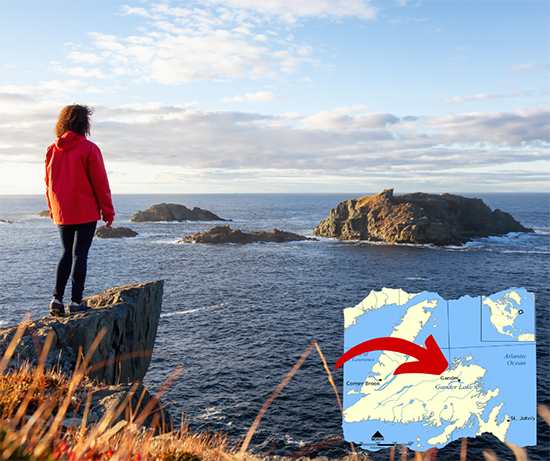By Eric Valentine
Over in the other Valley—the Treasure Valley, just to be clear—performances of the hit Broadway musical Come From Away took place. But, it’s more than a hit. It’s critically acclaimed, earning seven Tony Award nominations and winning one of them for Best Direction of a Musical (Christopher Ashley), when it opened in 2017. And, it’s more than critically acclaimed. The musical is—or at least can be—personally important.
A Wikipedia-compiled synopsis can be found here: TinyURL.com/come-from-away and I hope you read it.
In a nutshell, the entirely true story is about the 38 planes diverted to Gander, Newfoundland, on Sept. 11, 2001 when terrorists diverted four airplanes into U.S. buildings and ground. For Gander, this meant the town doubled its size in less than a day and had to feed and shelter thousands of humans and more than a dozen animals from across the globe, all tired, hungry, smelly and scared. Spoiler alert: the islanders succeed swimmingly and 10 years later the plane people return to celebrate their special connection with people halfway across the world.
I make sure to never compare a musical, or any storytelling-format artwork for that matter, to Hamilton. It’s a juggernaut of literary and musical genius about understanding one’s legacy. Cast purposely with only racial and ethnic minorities playing America’s founding fathers and telling their stories largely via hip-hop music and rap lyrics, Hamilton is a paradigm shift that explores our differences, for better or worse.
Come From Away is a paradigm shift that explores how we are all the same.
Yet the moment of the play that keeps playing in my head after seeing it twice this week is when one of the characters takes a walk to the gas station convenience store. He notices everyone in the town stops what they’re doing and they go quiet, all to honor the American moment of silence they’re experiencing on their pre-smartphone radios and TVs. He is awestruck. And wonders if people at home would do the same.
Like a comparison to Hamilton, the question is distinctly unfair. In a large American city one cannot expect hundreds and thousands of people heading in different directions to be on the same page. There are too many moving parts. So the question ultimately becomes one about empathy: What would you do if it happened to you? This driving question of the musical is answered in just about every scene. The answer: You’d do the same.
For all their flaws, humans by nature are pack animals who understand the value of reciprocation. Whether we can always admit it or not, we know at our core that the situation someone else is in could be the situation we find ourselves in some day. Like Newfoundlanders themselves, there’s a humility and pride in that sentiment. Like Newfoundland itself, which was formed when the continents drifted apart, there’s an overlapping quality in humanity. Because we’d do the same means we are the same.
So, as the hurricanes of the East Coast ebb and November voting information flows, please think about all this. Consider casting your vote for people that demonstrate empathy, people who do what you would do. And may you get what you deserve.

